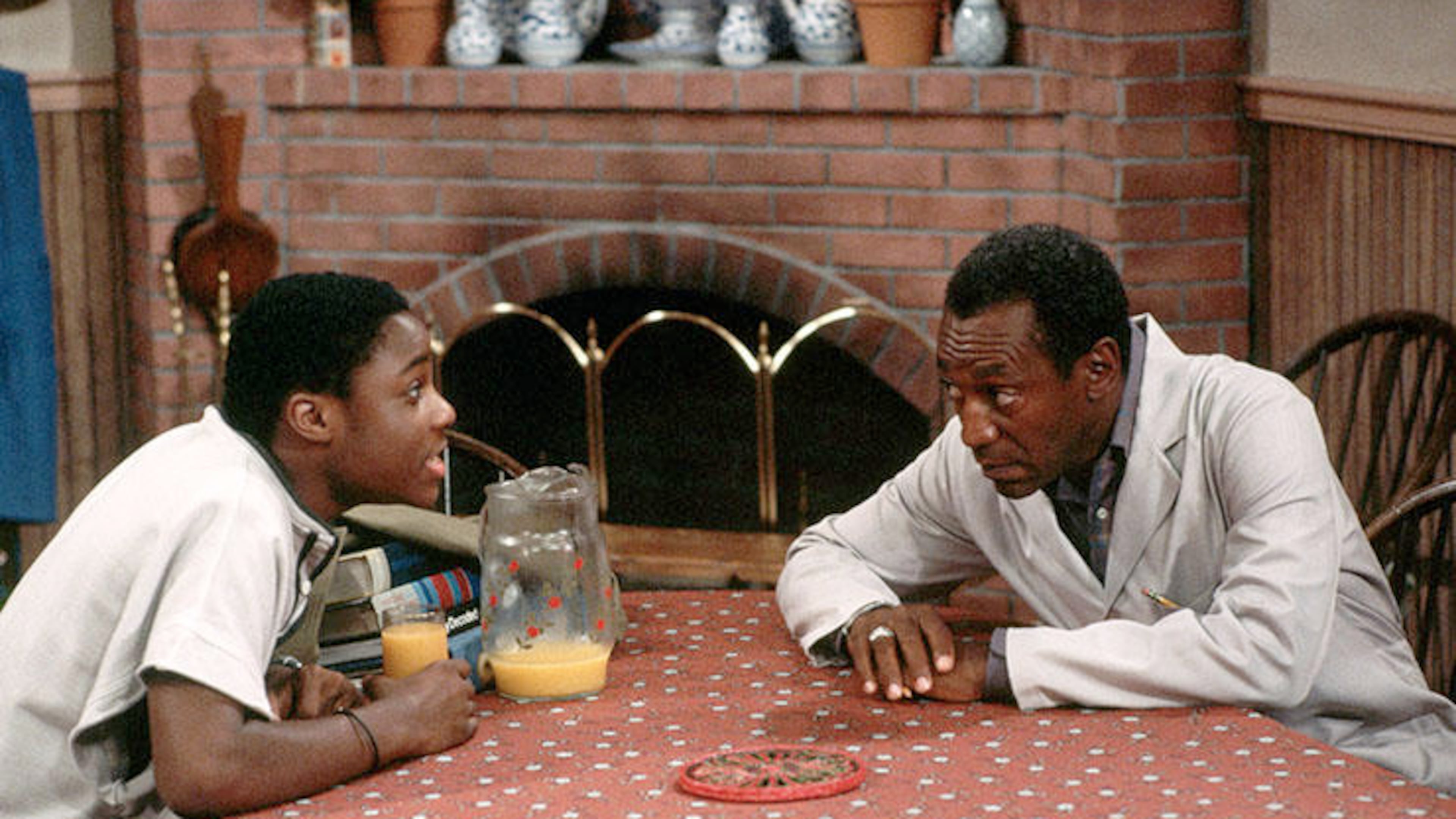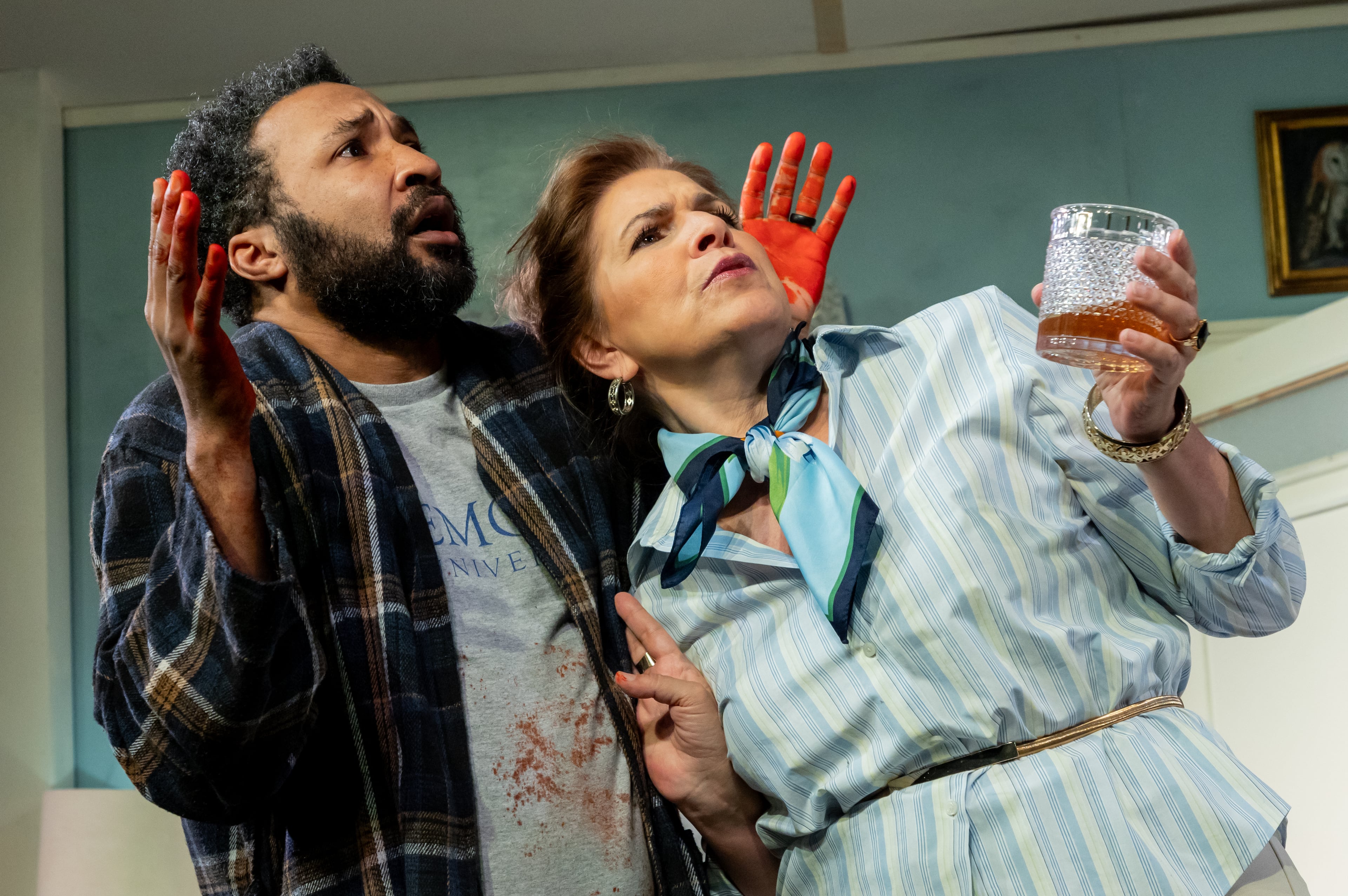Remembering Malcolm-Jamal Warner: ‘Theo’s gift’ helped mainstream dyslexia

‘Vanessa, I finally know what’s wrong with me and I can do something about it.’ – Theo Huxtable, ‘Theo’s Gift,’ Season 6, Episode 5 of ‘The Cosby Show.’
The world is reeling over the news of the tragic passing of actor, director, musician and poet Malcolm-Jamal Warner, who died while vacationing with his family in Costa Rica.
Warner became a household name starring as Theo on the iconic television sitcom, “The Cosby Show.” An affluent Black family, living and loving happily in an upscale Brooklyn neighborhood, the Huxtables challenged pervasive stereotypes and problematic representations of Black families in mainstream news and media. A brilliant blend of humor and moral lessons, America tuned into NBC’s wildly popular and groundbreaking television series for eight seasons.
While many remember Warner’s iconic performances on “The Cosby Show” (episodes and scenes including “A Shirt Story,” “Night and Day,” “Dance Mania,” and “Theo’s Economic Lesson”), he should also be remembered for his role in making dyslexia a household name, thus mainstreaming learning disorders.

Theo was funny, relatable and personified what we now call, “Black Boy Joy.” Initially, he was introduced as an underachieving teenager, who was more interested in sports and girls, than schoolwork. On the episode, “Theo’s Economic Lesson,” Theo made a passionate speech about wanting to be a regular person to his high-achieving father. In the “Call of the Wild,” Theo announces to his parents, Cliff and Clair, he’s not going to college. Although Theo was the son of well-educated parents, he appears to have little interest in school.
In “Theo’s Gift,” Theo learns he has dyslexia and now understands why he had such a hard time getting through school. Cliff, Clair and Theo are delighted to learn there is an explanation for the lifelong difficulty Theo had with learning and they discuss the tools he can use to perform better in his classes. Theo’s sister, Vanessa, enters the chat, gently admonishing Cliff and Clair for being punitive and disparaging Theo’s character, when in reality, he needed help because he learns differently.
A gift to students who struggle with learning challenges, this episode brought dyslexia and learning disabilities to the forefront through the lens of an intelligent, well-raised Black teenager. The episode also showed the Huxtable family pulling together to help get Theo the things he needed to succeed academically, modeling a Black, cohesive family unit, using their resources to uplift their son, who thought he was “dumb” before the diagnosis. This episode also helped raise awareness of dyslexia, making it a part of mainstream media and conversation. “Theo’s Gift,” mirrored Cosby’s real-life experience of having a son, Ennis, who was diagnosed with dyslexia.
In many interviews, Warner discussed having people tell him they learned they had dyslexia or got tested because of this episode. Prior to the 1975 passage of the Education for All Handicapped Children Act, students with learning disabilities weren’t allowed to learn in the same room as children who responded well to traditional modes of teaching and learning. The EAH, which was reauthorized and renamed as the Individuals with Disabilities Education Act (IDEA) in 1990, was established to support states and localities in protecting the needs of and improving the results of children with disabilities and their families. It is surreal to know the Department of Education, which ensures these rights, protections, and resources for children who learn differently, is being demolished, particularly with the advocacy and education it took to get the act passed.
While there were representations of characters with physical disabilities on television, “Theo’s Gift” was the first time a learning disability diagnosis was celebrated and discussed by any family, let alone a Black family on television. “Theo’s Gift,” combated negative stereotypes about learning disabilities, the intelligence of Black boys specifically and Black people in general, the strength of the Black family, and the limitations of the education system. It helped erode the shame that often comes with these diagnoses.
Warner’s portrayal of Theo and his learning challenges became a gift to the world.
While viewers and fans mourn the loss of the actual man who, as a boy, ushered Theo into our hearts, Warner leaves us with a gift that keeps on giving.
Nsenga K. Burton, Ph.D., is a film and media scholar and critic. She is founder and editor-in-chief of The Burton Wire, an award-winning news blog covering the African Diaspora. Burton is the former chair of the Atlanta Youth Commission. Her work can be found on Instagram at @TheBurtonWire.


